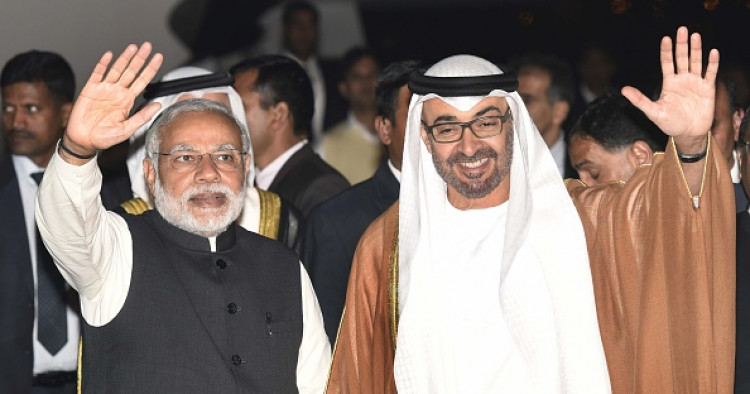UAE announces $2 bln investment in hi-tech Indian ‘food parks’ to ease shortages
Jerusalem (Reuters) – The United Arab Emirates has pledged $2 billion to help develop a series of “food parks” in India to tackle food insecurity in South Asia and the Middle East, the UAE, India, the United States and Israel said on Thursday.
Speaking in Jerusalem at a virtual summit with UAE, Israeli and Indian leaders, U.S. President Joe Biden said the investment could “increase India’s food yields in the region three-fold in just five years”.
The parks would bring farmers, processors and retailers together using advanced climate technology to minimise waste, conserve water and maximise crop yields.
The four countries would also advance renewable energy projects in India, they said.
The projects would be supported by Israeli and U.S. private sectors, Biden said at the summit on food security and clean energy amid fears of global food shortages caused by the war in Ukraine.
Russia and Ukraine are the world’s third and fourth largest grain exporters, respectively, while Russia is also a key fuel and fertiliser exporter.
The war has disrupted their exports, pushed world food prices to record levels and triggered protests in developing countries already contending with elevated food prices due to COVID-related supply chain disruptions.
Economic fallout from the pandemic, climate change, food insecurity and volatile energy markets, Biden said, were “made worse by Russia’s brutal and unprovoked attack” on Ukraine.
“All these issues require cooperation and coordination, and none of us can mount a comprehensive response on our own,” Biden said.
U.N. agencies warned this month that the war in Ukraine and climate change could push starvation and mass migration to unprecedented levels.
Gulf Arab states import as much as 80-90% of their food and while their oil wealth renders them less vulnerable to rising global food prices than poorer countries in the region, disruptions threaten their supply chains.
Wealthy Gulf states have invested heavily in farmland overseas and have been investing domestically more in agritech, which is also a fast-growing sector in Israel.
Crop yields are relatively low in India, which despite being a major farm goods producer, lacks regular irrigation for around half its farmland. Venture capital firms are increasingly pouring money into agritech start-ups in the country.



